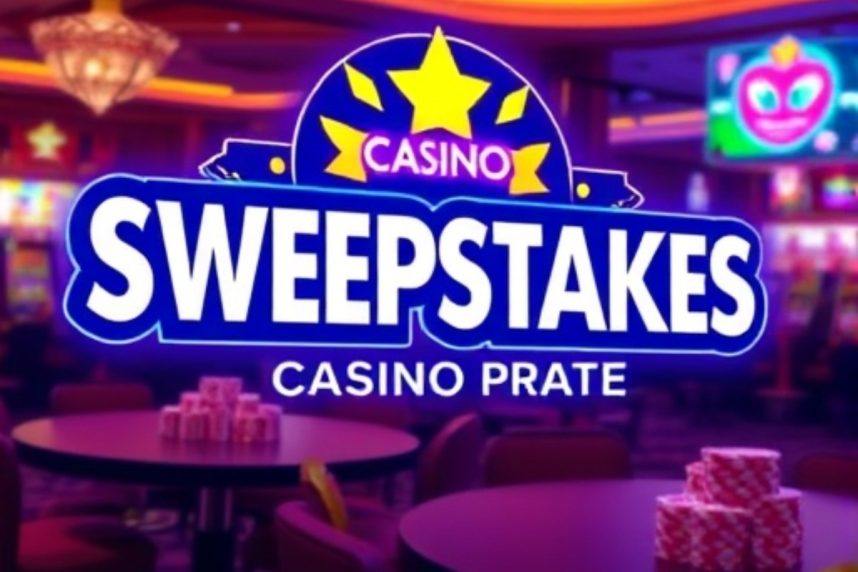Published on: December 2, 2024, 03:03h.
Last updated on: December 2, 2024, 03:04h.
Experienced Washington Post columnist Rick Maese delved into the world of online “sweepstakes” casinos that claim not to be gambling platforms because they provide new players with a set of free coins initially.

Sweepstakes casinos market themselves as social gaming websites that are free to play. Upon registering a new account, players receive free coins for use on interactive slot machines and table games. When these tokens run out or if a player wishes to play for real money, sweeps casinos offer a separate digital currency for the chance to win cash.
In his recent findings, Maese presented compelling evidence suggesting that these grey gaming platforms target vulnerable individuals and lack responsible gaming protections.
Maese recounted the story of a 41-year-old transportation worker from St. Louis who confessed to spending nearly $100,000 on sweeps coins over a year. He started with small bets but eventually resorted to larger deposits he couldn’t afford to lose.
“It’s almost like I blacked out. I remember how fast it went. It’s such an embarrassing thing,” said the man named Erik.
“These are such childlike little games,” Erik continued. “I don’t even know how it happened.
Escalating Controversy
Sweepstakes casinos have encountered regulatory resistance in multiple states. Gaming authorities have issued cease-and-desist orders to prominent online sweepstakes casinos, including Virtual Gaming Worlds (VGW) and its brands Chumba Casino, LuckyLand Slots, and Global Poker.
Prosecuting sweepstakes casinos, which operate from iGaming-friendly jurisdictions like Malta, the Isle of Man, the Philippines, Gibraltar, Curacao, and Anjouan, poses challenges due to their offshore nature. These websites claim to hold licenses for their games and focus on the social gaming sector.
Social gaming involves free gaming platforms offering online slots and table games. While playing is free, users can purchase additional credits once they run out of free tokens. However, these platforms do not allow users to cash out and win actual money.
The trend of social casinos transitioning to sweepstakes casinos continues. Eilers & Krejcik, a gaming consultancy, reported that Americans spent nearly $6 billion on sweepstakes casinos last year, with this figure expected to more than double in 2024.
Operating in a grey area, sweepstakes casinos have engaged celebrities to endorse their apps, with VGW sponsoring Ferrari’s Formula One team. Celebrities such as Ryan Seacrest, Michael Phelps, DJ Khaled, and Paris Hilton are also associated with sweepstakes products.
Call to Action
The Sports Betting Alliance comprises DraftKings, FanDuel, BetMGM, and Fanatics sportsbooks. This alliance advocates for the legalization of sports betting, believing that a regulated market is beneficial for the public and the government.
While online sports betting is legal in 30 states and Washington, D.C., the SBA notes that online sports wagering is happening in all 50 states through offshore platforms. The SBA asserts that expanding legal iGaming beyond the current seven regulated states could impact the business model of sweepstakes casinos.
iGaming is already occurring nationwide, but as highlighted in this Washington Post report, the majority of users are betting on unregulated offshore platforms that lack consumer protections and evade gaming taxes. States can establish a regulated iGaming marketplace, similar to legalized sports betting, to offer tested products with verified consumer protections and counter these unregulated platforms. It’s a win-win scenario.
Currently, iGaming is only permitted in Connecticut, Delaware, Michigan, New Jersey, Pennsylvania, Rhode Island, and West Virginia.


